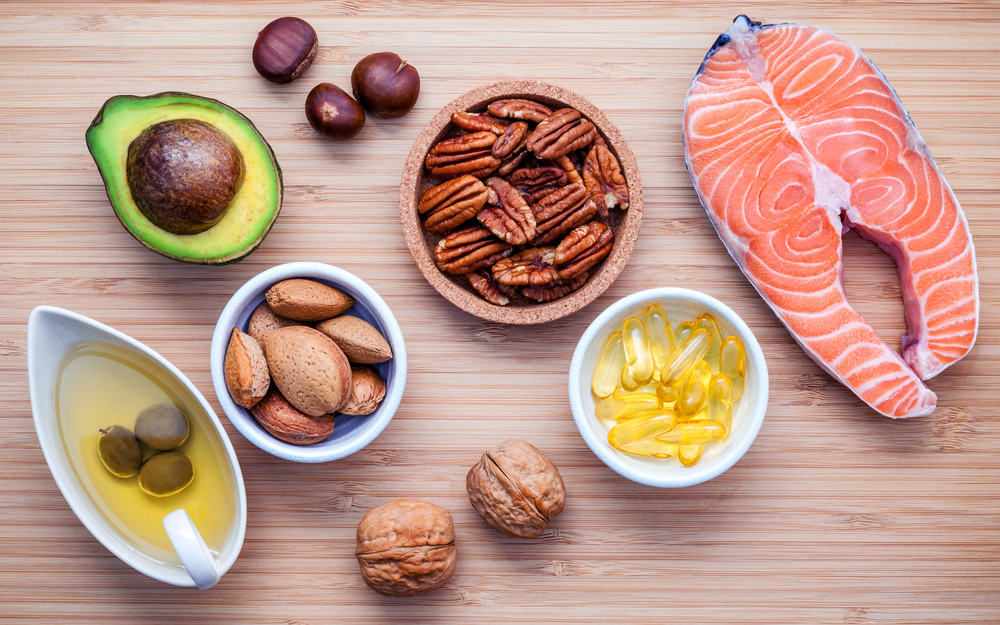Contents:
- Medical Video: Health & Nutrition : Benefits of DHA
- What is DHA?
- What is EPA?
- The importance of DHA and EPA supplements
Medical Video: Health & Nutrition : Benefits of DHA
Omega-3 is a nutrient that is known to everyone. Omega-3s have many types that can come from food supplements such as fish oil and flax oil. Two common types of Omega-3 are DHA and EPA. To understand it more clearly, read this article.
What is DHA?
DHA is short for docosahexaenoic acid, a fatty acid belonging to the Omega-3 group. The composition of the brain consists of fat, which is about a quarter produced by DHA. When analyzing brain structures, scientists found that DHA is part of the structure of neuronal membranes.
DHA plays a role in very large parts of gray matter in the brain (intelligence) and in the retina (total eye vision). DHA forms the sensitivity of neurons, which help convey information quickly and accurately. Omega-3 fatty acids help the formation of neurons and glucose transporters. This is the main nutrient that helps the brain function.
DHA is also important for the development of perfect eye and nervous system functions. Animal studies have found that DHA is widely contained in the nervous system, for example in the retina of the eye and brain.
Early childhood who lack DHA will have a low intelligence index. A study in the United States that monitored children from infants up to the age of 8-9 years found that breastfed babies who received adequate DHA were statistically 8.3 points higher than those fed cow's milk and did not get enough DHA .
What is EPA?
EPA stands for eicosapentaenoic acid, one of the Omega-3 fatty acids which is also called "blood purifier". Scientists have found that the main effect of EPA is to help produce prostaglandin in the blood. This type of prostaglandin prevents platelet buildup, which reduces and prevents thrombosis. Prostaglandin also reduces cholesterol and triglycerides in the blood, and reduces blood viscosity.
EPA also reduces the risk of atherosclerosis. Therefore, EPA has a positive effect on the prevention and treatment of atherosclerotic heart disease.
The importance of DHA and EPA supplements
Provision of DHA supplements for the long term is very beneficial for baby's development However, the reality is, children in many countries of the world get daily DHA supplements at levels far lower than the recommended rates.
Advice from FAO, WHO (2010):
- DHA for children aged 6-24 months: 10-12 mg / kg
- Pregnant and lactating women: 200 mg / day
The latest recommendation for ANSES's total daily DHA — French Food Safety Agency (2010):
- Children aged 0-6 months: 0.32% of total fatty acids
- Children aged 6-12 months: 70 mg / day
- Children aged 1 to 3 years: 70 mg / day
- Children aged 3-9 years: 125 mg / day
- Pregnant and lactating women: 250 mg / day
From this information, you get a basic overview of ways to better care for your child.
Hello Health Group does not provide medical advice, diagnosis or treatment.












